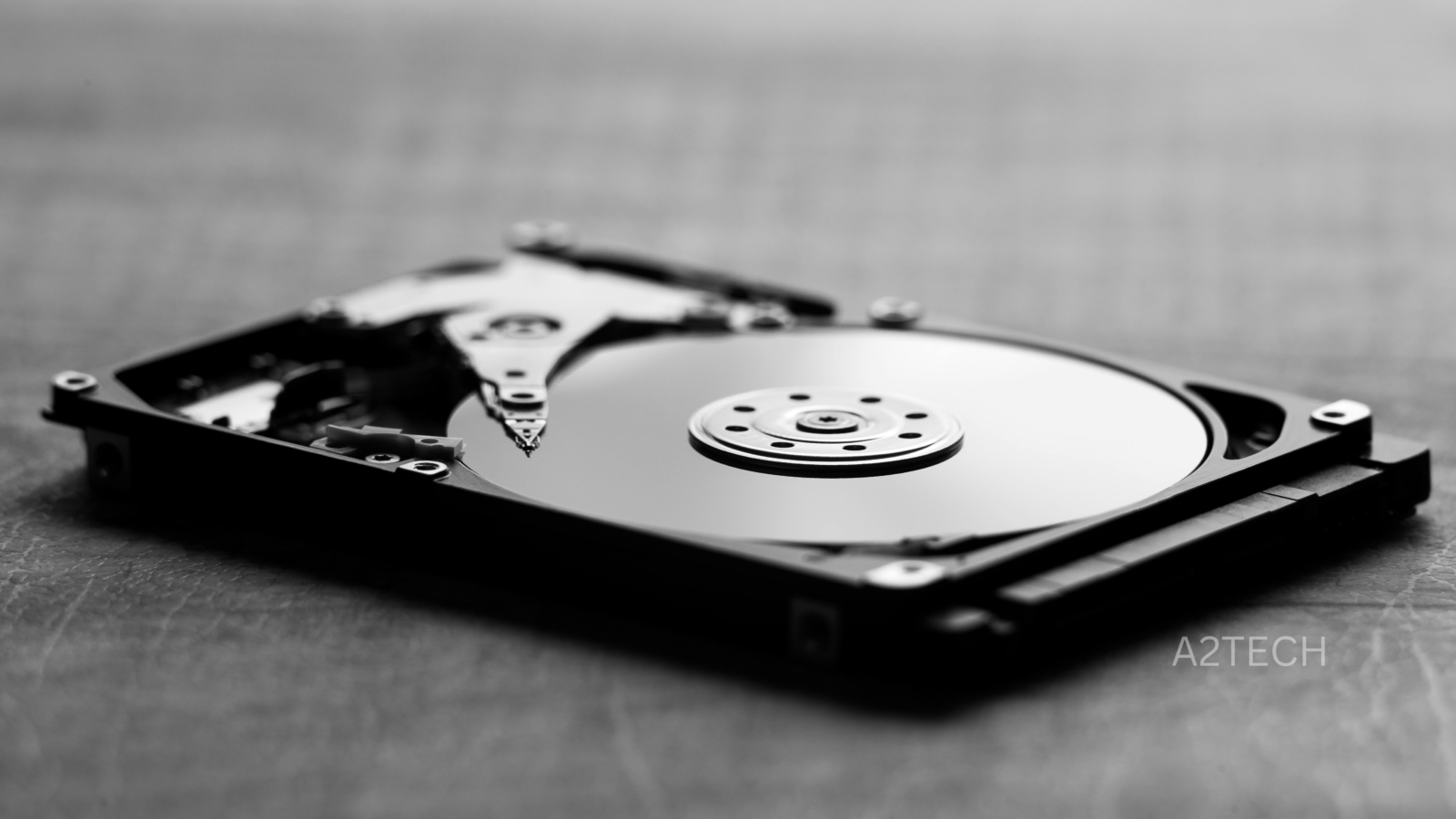Best Hard Disk / Boosting System Performance
In today’s fast-paced digital world, ensuring your laptop performs at its best is crucial for both productivity and enjoyment. One of the most effective upgrades you can make is to choose the right hard disk. This guide will walk you through the key factors to consider when selecting a hard disk for your laptop, and how making the right choice can significantly enhance your system’s performance.
Understanding Hard Disk Types
Before diving into the selection process, it’s essential to understand the two primary types of hard disks available: Hard Disk Drives (HDDs) and Solid State Drives (SSDs).
1. Hard Disk Drives (HDDs): HDDs have been around for decades and use spinning disks and read/write heads to store data. They are typically more affordable and offer larger storage capacities compared to SSDs. However, their mechanical nature means they are generally slower and more prone to physical damage.
2. Solid State Drives (SSDs): SSDs, on the other hand, use flash memory to store data, which results in faster data access speeds and improved reliability. Although SSDs are more expensive per gigabyte than HDDs, their performance benefits are substantial.
Factors to Consider When Choosing a Hard Disk
1. Storage Capacity: Determine how much storage you need based on your usage. For general tasks, a 256GB SSD might suffice, but if you handle large files or multiple applications, consider 512GB or even 1TB. Remember, more storage means more space for your files, but it also impacts the cost.
2. Performance: SSDs provide a significant boost in performance compared to HDDs. They drastically reduce boot times, application load times, and overall system responsiveness. If performance is a priority, SSDs are the way to go. Look for models with high read/write speeds for the best results.
3. Form Factor: Ensure the hard disk is compatible with your laptop’s form factor. Common sizes include 2.5-inch drives for HDDs and SSDs, and M.2 or NVMe SSDs for newer models. Check your laptop’s specifications to confirm the supported size and interface.
4. Interface: The interface of the hard disk affects data transfer rates. HDDs generally use the SATA interface, while SSDs can use SATA, M.2, or NVMe interfaces. NVMe SSDs offer the highest speeds due to their direct connection to the motherboard, providing the best performance boost.
5. Reliability and Warranty: Choose a hard disk from a reputable manufacturer with good reviews and a solid warranty. Reliability is crucial, especially if you store important data. A warranty offers peace of mind and protection in case of hardware failure.
Installing and Configuring Your New Hard Disk
Once you’ve selected the best hard disk for your needs, follow these steps for installation:
- Backup Your Data: Before replacing your hard disk, ensure all your important data is backed up to an external drive or cloud storage.
- Installation: If you’re replacing an HDD with an SSD, follow your laptop’s manual for instructions on opening the casing and swapping the drives. Many modern laptops allow easy access to the hard disk bay.
- Reinstall Operating System: After installing the new hard disk, you’ll need to reinstall your operating system. This is often done via a bootable USB drive or recovery media.
- Transfer Data: Once the OS is installed, you can transfer your backed-up data to your new hard disk.
Conclusion
Choosing the right hard disk can dramatically enhance your laptop’s performance, making everyday tasks faster and more efficient. While HDDs offer larger storage at a lower cost, SSDs provide superior speed and reliability. By considering factors like storage capacity, performance, form factor, interface, and warranty, you can make an informed decision that aligns with your needs.
Upgrading your hard disk is a worthwhile investment that can breathe new life into your laptop and boost overall system performance. Happy upgrading! A2TECH

 Cart is empty
Cart is empty 
Leave A Comment